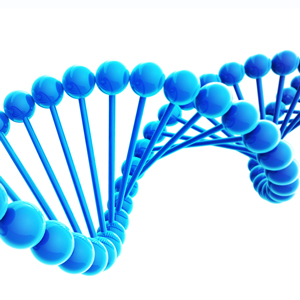About CGD
What is CGD? Chronic Granulomatous Disorder (CGD) is a life-threatening and life-limiting genetic condition that can be managed with care and support. It used to be known as Chronic Granulomatous Disease and doctors sometimes still use this name.
In this section we explain the basics about CGD, the various types of CGD, how it is diagnosed and how it can be inherited.
The Basics
CGD stands for Chronic Granulomatous Disorder
It is a genetic, life-threatening and life-limiting condition but with the right support, it can be managed effectively.

Types of CGD
CGD is an inherited disorder, which means that it is passed from parents to their children.

Diagnosis
Doctors usually diagnose CGD in childhood. If a child has a family history of CGD, doctors will use a simple blood test to check for the condition. Children who have symptoms may also be tested.

Inheritance
CGD is an inherited disorder, which means that it is passed from parents to their children. One type of CGD is 'X-linked' (sex-linked) and the others are 'autosomal recessive'.

